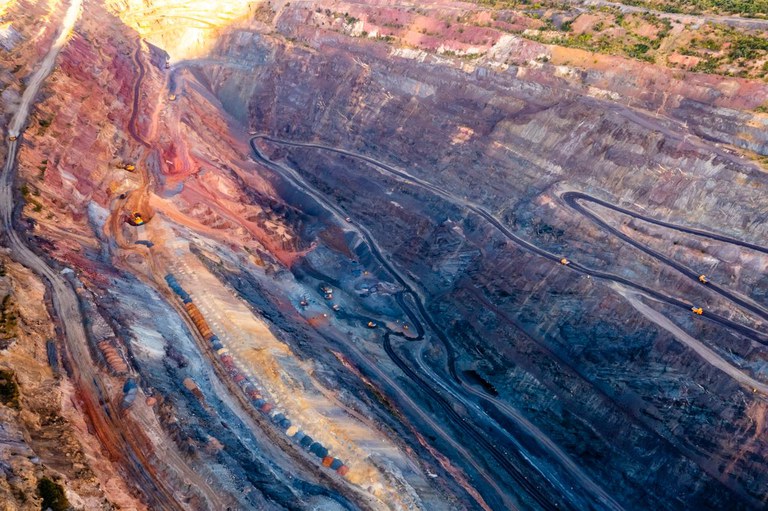Notícias
MCTI launches project for the implementation of the Advanced Materials and Strategic Minerals Laboratory
Published in
Apr 25, 2022 04:20 PM
Updated in
Apr 25, 2022 04:21 PM

At the National Nuclear Energy Commission’s Nuclear Technology Development Center, the Brazilian government launched the Laboratory of Advanced Materials and Strategic Minerals, to develop knowledge and generate commercial applications for Brazilian tech companies.
The Lab, named GraNioTer, is under the Ministry of Science, Technology and Innovation, and works as a technological hub of advanced materials and strategic minerals, aiming for technological deepening of production chains based on graphene, niobium, rare-earth elements, and others.
Graphene, a variation of graphite, can be used in optical communications, transparent circuits, neural implants, conductive inks, and ballistics. Brazil has the 2nd largest reserve of graphite in the world, producing 27% of the global figure of 270 million tons.
Niobium is a chemical element used to add hardness and strength to metal alloys, and applied to fluid-conducting tubes, aerodynamic and automotive parts, the naval and space industries, nuclear medicine and long-lasting batteries. Brazil has the world's largest reserves of niobium.
Rare-earth elements are a group of 17 chemical elements, whose properties allow applications in supermagnets, luminescent materials, batteries for hybrid vehicles and special ceramics. Brazil has, along with Vietnam, the second largest rare-earth element deposits in the world.
In addition to scientific research, one of the focuses of the new Laboratory is to establish connections between potential partners, sharing infrastructure and developing technological skills in advanced materials from strategic minerals. GraNioTer will be open to the national RD&I community, seeking synergy in initiatives and investments.